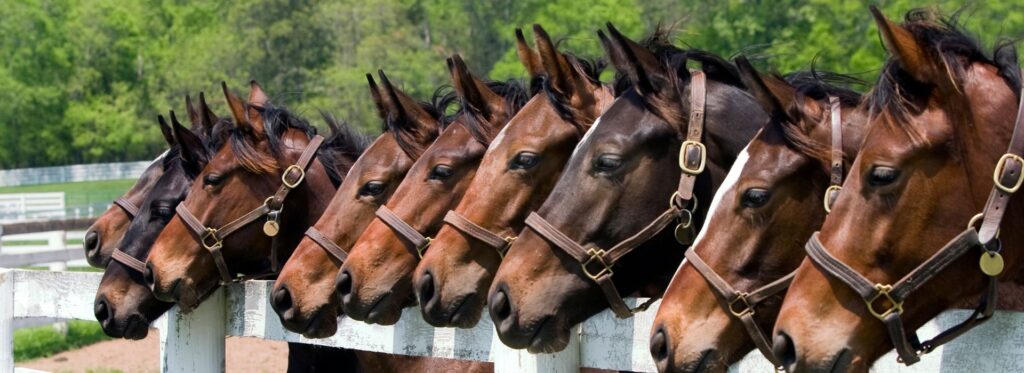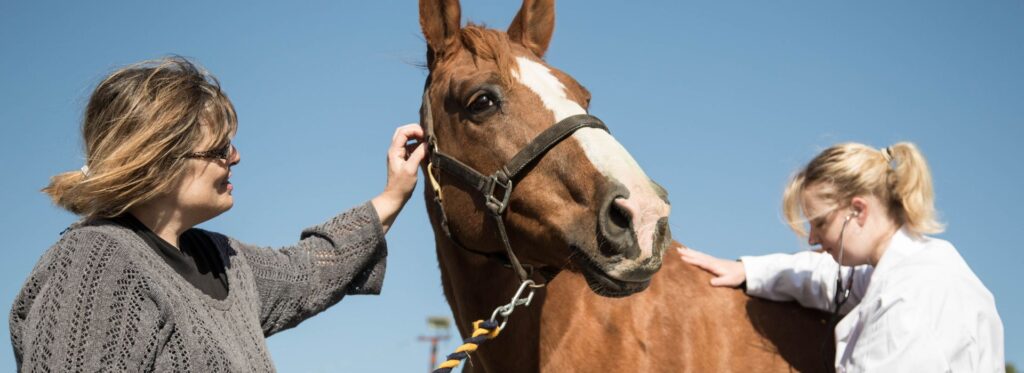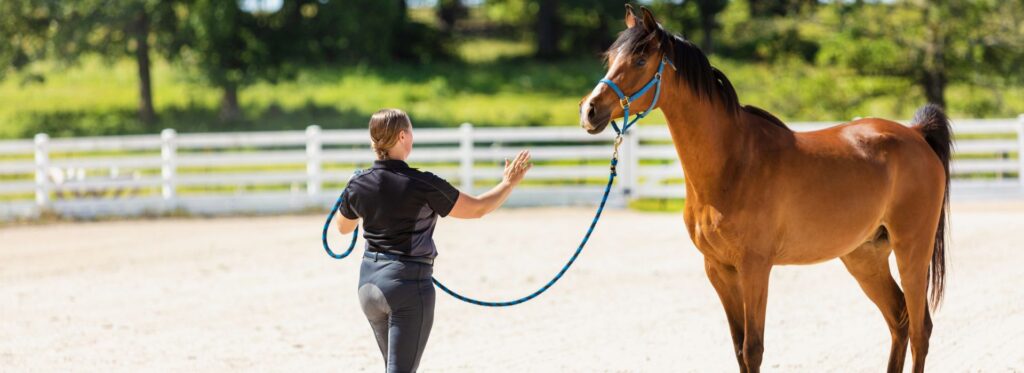So, you’re ready to buy a horse—but you’re wondering…
Why is this same kind of horse $3,000 in one place and $7,000 in another?
You’re not crazy. You’re just seeing what a lot of folks don’t think about:
Horse prices can change depending on where you live.
That’s right. Location plays a big role.
And if you’re trying to get a good deal (or just not overpay), it helps to know where horses are more affordable—and why.
Let’s walk through how horse prices vary across the U.S. and what you can do to find the best price in your region.
Why Location Changes the Price
Before we get into regions, let’s talk about what causes prices to go up—or down—in different areas.
Here’s what usually affects price:
-
Supply and demand – More horses = more options = lower prices
-
Cost of living – Places with higher land and feed costs charge more
-
Horse industry activity – Areas with big show circuits or breeding farms often drive prices higher
-
Buyer expectations – Some regions want fancy; others just want a good trail buddy
Think about it—would you pay the same price for hay in Texas as you would in California?
Probably not. Horses are the same way.
Most Affordable Regions for Horses
If you’re looking for deals, these regions often have the best prices:
1. The South (Oklahoma, Arkansas, Alabama, Mississippi)
Lots of land. Lots of backyard breeders and family farms.
You’ll find Quarter Horses, Paints, gaited breeds, and ponies at lower prices here—especially unregistered or lightly trained horses.
Trail horses and beginner-safe mounts under $5,000? Very common.
Bonus: If you’re already in the South, you may not even need to travel far to find a deal.
2. The Midwest (Missouri, Kansas, Iowa, Ohio)
Horse culture is big here, but competition isn’t sky-high like on the coasts.
Prices tend to be fair and steady.
You can often get a well-started horse for $3,000–$6,000 depending on age, breed, and training.
How’s that sound? Would you drive a few hours to save a few thousand?
Many buyers do just that.
3. Rural Western States (Montana, Wyoming, Utah, New Mexico)
You’ll see working ranch horses and Mustangs in this part of the country.
And while some ranch horses are expensive, many well-used horses go for $4,000 or less—especially if you’re not looking for show quality.
The farther you are from cities or show barns, the lower the prices often get.
Where Prices Are Higher
Now let’s talk about where you’ll likely pay more for the same horse.
1. The West Coast (California, Oregon, Washington)
High cost of living. Higher hay and boarding prices. And folks are often looking for show-ready horses.
Even green or lightly trained horses can go for $6,000 or more—simply because there aren’t as many affordable options close by.
And yes, that same trail gelding you could buy in Oklahoma for $3,500 might cost $7,000 here.
2. The Northeast (New York, Massachusetts, New Jersey)
Land is limited. Boarding is expensive. Show barns and dressage facilities drive demand—and prices.
You’ll find more Warmbloods, Thoroughbreds, and sport horses.
Even backyard horses tend to cost more, just due to location.
If you’re on a budget, this isn’t always the easiest place to buy—but it’s a great place to sell.
3. Florida and Show Hubs
Florida’s horse country (Ocala, Wellington, etc.) has everything from beginner horses to $100K jumpers.
Prices here can be all over the map, but they’re rarely cheap.
Buyers expect “finished” horses. And they’ll pay for them.
You might find deals in less horse-heavy parts of the state—but near showgrounds? Expect higher prices.
Should You Buy a Horse in Another State?
Good question.
Here’s when it might make sense:
-
You’re saving $2,000 or more on the horse
-
The seller has great videos and is open about everything
-
You can drive to see the horse (or afford to ship it)
-
You’ve got a vet nearby to do a pre-purchase exam
Here’s when to pause:
-
No videos
-
No vet history
-
The seller’s being cagey or vague
-
It just feels too good to be true
Would you buy a used truck without starting it up first?
Same thing with horses. If you’re buying long-distance, do your homework.
Use the Horse Price Calculator for Local Estimates
If you’re trying to price a horse in your state, check out the Horse Price Calculator.
It factors in:
-
Training
-
Breed
-
Age
-
Health
-
And location
You’ll get a custom range based on real-world pricing—not just guesswork or big-city averages.
Pretty handy when you’re trying to decide if your horse is priced too high—or if that deal from across state lines is actually a bargain.
Final Thoughts
So, where are horses most affordable?
Usually in the South, Midwest, and parts of the rural West.
You’ll find higher prices on the West Coast, Northeast, and around major show circuits.
Does that mean you should only buy in “cheap” areas? Not always.
But knowing the difference helps you shop smarter—and price better if you’re the one selling.
Still wondering what your horse is worth where you live?
Try the Horse Price Calculator. Then take a look at what’s listed on MyHorseForSale.com. You’ll get a feel for what horses are actually going for in your region.
And maybe, just maybe—you’ll spot the deal of the year.



